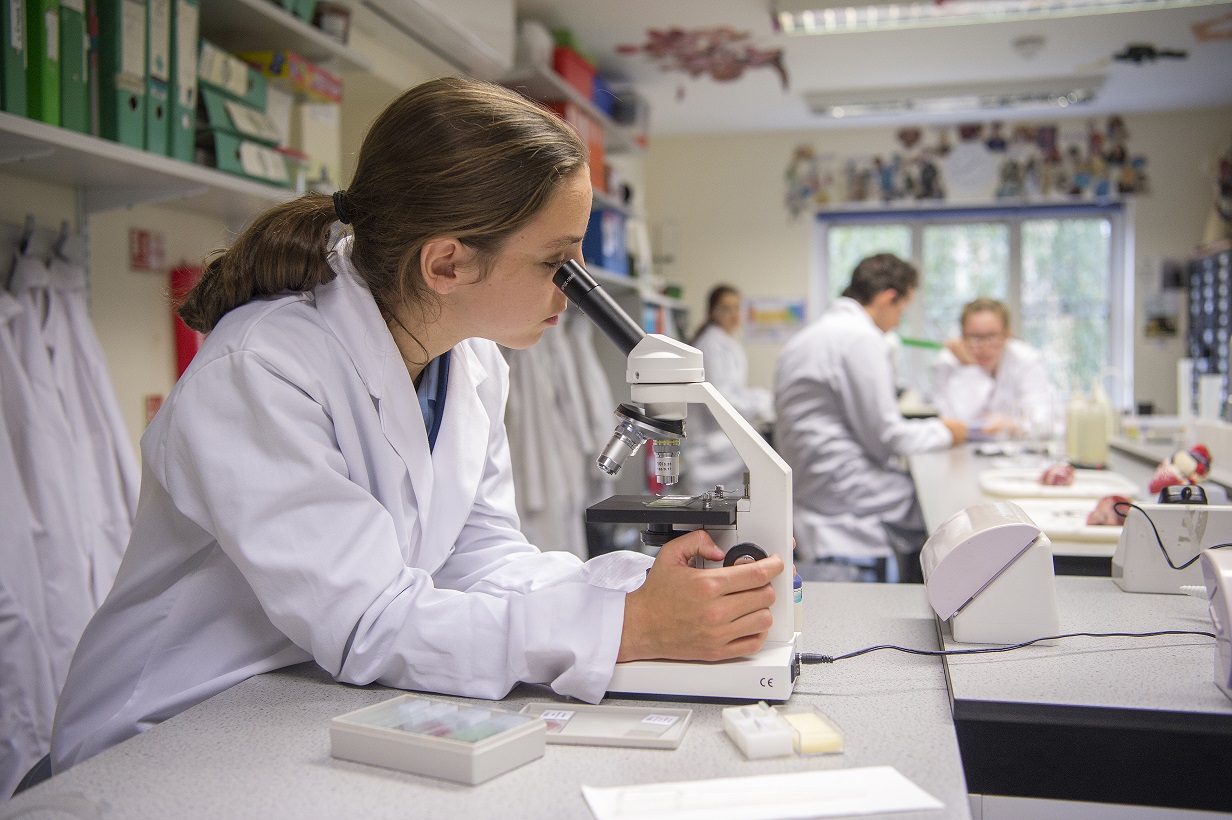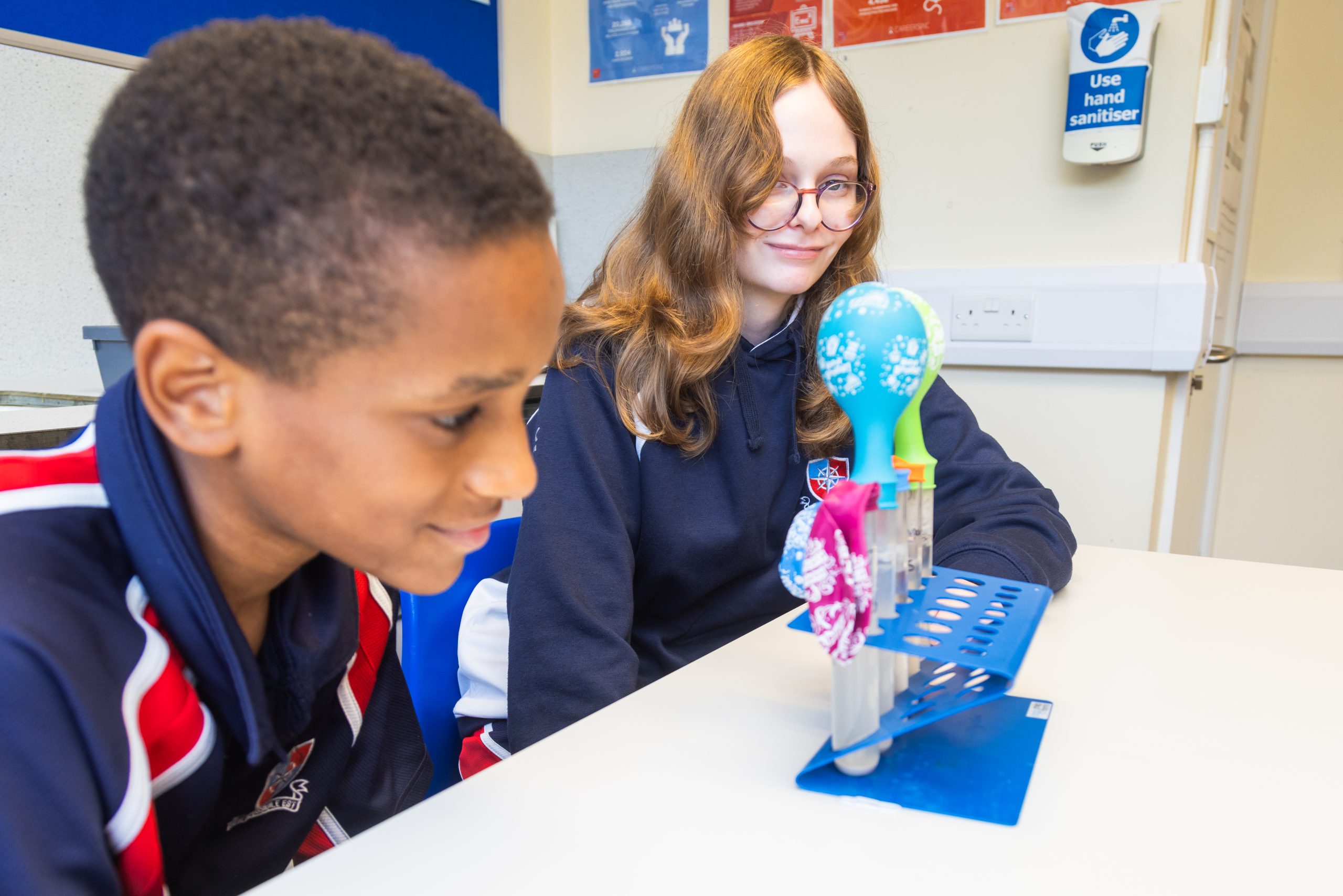Science
Science lessons lend themselves to a multi-sensory approach including auditory, visual, and kinaesthetic techniques. Small class sizes mean students have a greater opportunity to complete practical and investigative science as well as broaden their scientific knowledge.
Learning styles are supported by a range of teaching methods and strategies to develop understanding of scientific language and concepts. Speech and Language Therapists and Occupational Therapists can assist students in the learning of new scientific terminology and support them with practical experimentation.

All students are taught the essential knowledge and skills that enable them to build upon and extend their understanding of Biology, Chemistry and Physics. By following the National Curriculum we cover the same subject material as their mainstream peers. This helps to enable smooth and effective transition to new schools when they depart Fairley House.
Science is studied by all Year 7 and 8 students (Key Stage 3) for two hours per week. While the topics studied cover the National Curriculum, the content of the units studied has been designed to accommodate the learning needs of students. They will have the opportunity to build up a repertoire of basic experimental skills that will support their understanding of working scientifically as they embark on studying towards their GCSEs.
In Years 9, 10 and 11 the OCR GCSE (9-1) Twenty First Century Science Combined Science B programme and the OCR Entry Level Certificate in Science are offered at Fairley House.
In science, masses of hands-on stuff, from experiments to interactive online games make lessons memorable and fun
Good Schools Guide
We embed a range of learning strategies, such as cloze exercises (a comprehension passage with missing words), concept mapping (a graphical tool showing relationships between concepts) and sequencing into lessons to develop a strong understanding of key concepts.
Students are encouraged to enhance their scientific vocabulary through the use of flashcards and Fairley House memory strategies. The use of transdisciplinary knowledge such as the application of students’ mathematical skills is necessary for collecting, presenting and analysing scientific data.

Get in Touch
30 Causton Street
London
SW1P 4AU
Call: 020 7976 5456
School Links
PUPIL AND PARENT PORTAL
GOVERNORS
TYPING CLUB
FUNDRAISING FOR FHS
ePraise


